New to Blueberries and raspberries
nancyjane_gardener
9 years ago
Related Stories
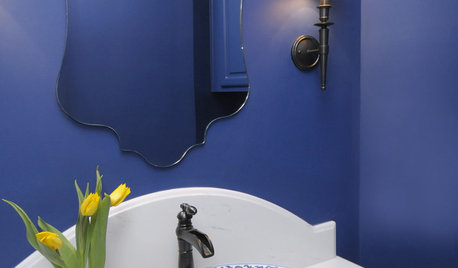
BATHROOM DESIGN8 Bold Paint Colors for Your Powder Room
Turn your powder room into a exclamation point with a bold shot of red, raspberry, hyacinth, rich brown or stormy blue
Full Story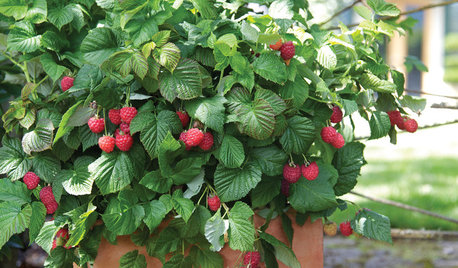
CONTAINER GARDENSPatio-Perfect Berry Bushes Like You’ve Never Seen
Small enough for pots but offering abundant fruit, these remarkable bred berries are a boon for gardeners short on space
Full Story
COLORDip Into Sherbet for Summer Color Ideas
Look to icy treats in a rainbow of colors for room palettes that please many tastes
Full Story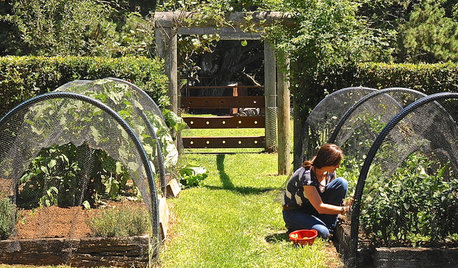
FARM YOUR YARDHouzz Call: Home Farmers, Show Us Your Edible Gardens
We want to see where your tomatoes, summer squashes and beautiful berries are growing this summer
Full Story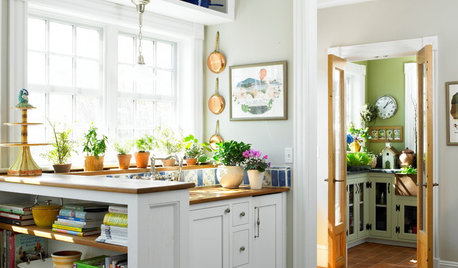
HEALTHY HOME12 Ways to Set Up Your Kitchen for Healthy Eating
Making smart food choices is easier when your kitchen is part of your support team
Full Story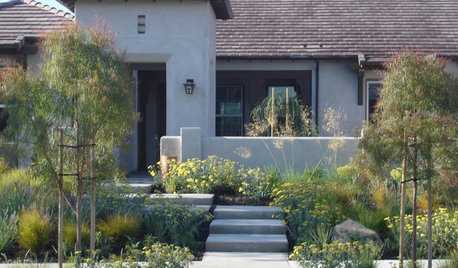
LANDSCAPE DESIGNGet Along With Less Lawn — Ideas to Save Water and Effort
Ditch the mower and lower your water bill while creating a feast for the eyes with diverse plantings and gathering places
Full Story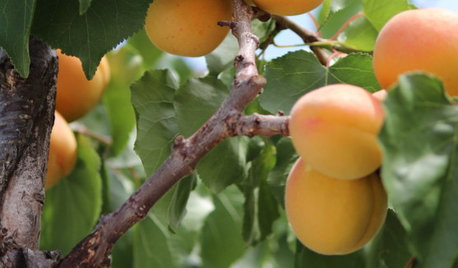
FARM YOUR YARDIf You Have Room for Only One Fruit Tree ...
Juice up a small garden with one of these easier-care or worth-the-effort fruit trees for a mild climate
Full Story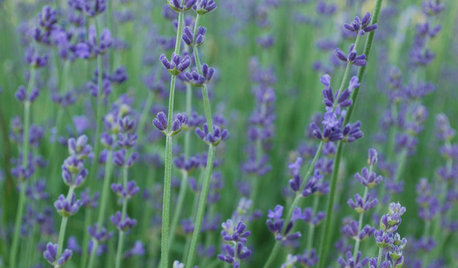
EDIBLE GARDENSHow to Grow Your Own Cocktail Garden
Conceivably, anything edible could find its way into a cocktail. Why not make the route rather short?
Full Story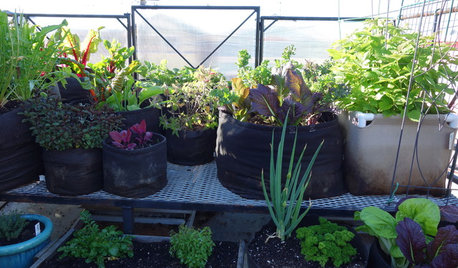
FARM YOUR YARDAn Urban Greenhouse Overflows With Edibles
Making meals just means stepping into the yard for a San Francisco couple who revamped an old orchid house
Full Story
COLORDreaming in Color: 8 Enchanting Purple Bedrooms
Lie down with lavender or wake up to vivid violet for a bedroom that both calms and energizes
Full Story





charina
nancyjane_gardenerOriginal Author
Related Professionals
Horsham Landscape Architects & Landscape Designers · Mountain Brook Landscape Architects & Landscape Designers · South Elgin Landscape Architects & Landscape Designers · Belmont Landscape Contractors · Beverly Hills Landscape Contractors · Burien Landscape Contractors · Cudahy Landscape Contractors · Fort Payne Landscape Contractors · Las Vegas Landscape Contractors · National City Landscape Contractors · Paso Robles Landscape Contractors · Peoria Landscape Contractors · Wanaque Landscape Contractors · Woodburn Landscape Contractors · San Pablo Landscape Contractorsericwi
northernmn
johnnycom_gw
charina
nancyjane_gardenerOriginal Author
ericwi
nancyjane_gardenerOriginal Author
ericwi
nancyjane_gardenerOriginal Author
powerofpi
agrocoders
powerofpi
powerofpi
ericwi
agrocoders
agrocoders
drew51 SE MI Z5b/6a
nancyjane_gardenerOriginal Author
powerofpi
charina
fruitnut Z7 4500ft SW TX
drew51 SE MI Z5b/6a
powerofpi
floral_uk z.8/9 SW UK
nancyjane_gardenerOriginal Author
BahamaDan Zone 12b Subtropics
prairiemoon2 z6b MA
powerofpi
drew51 SE MI Z5b/6a
drew51 SE MI Z5b/6a
chilehead58
drew51 SE MI Z5b/6a